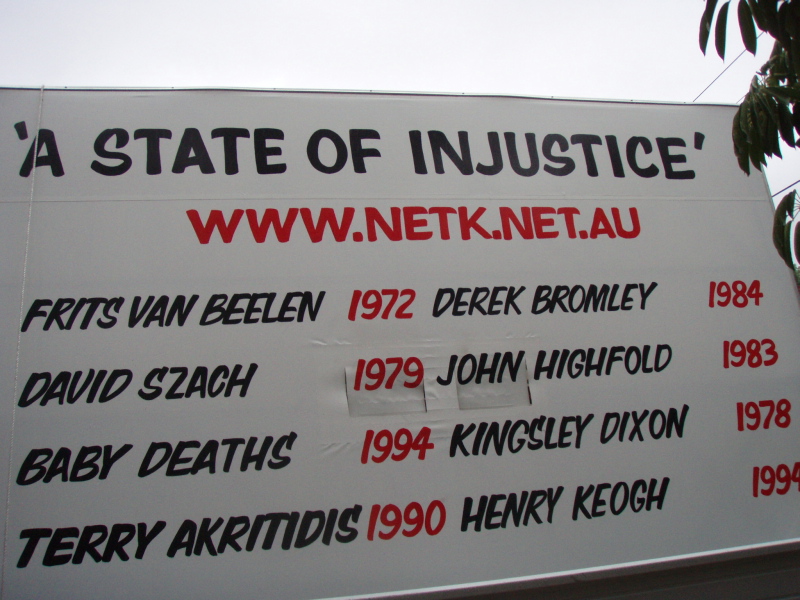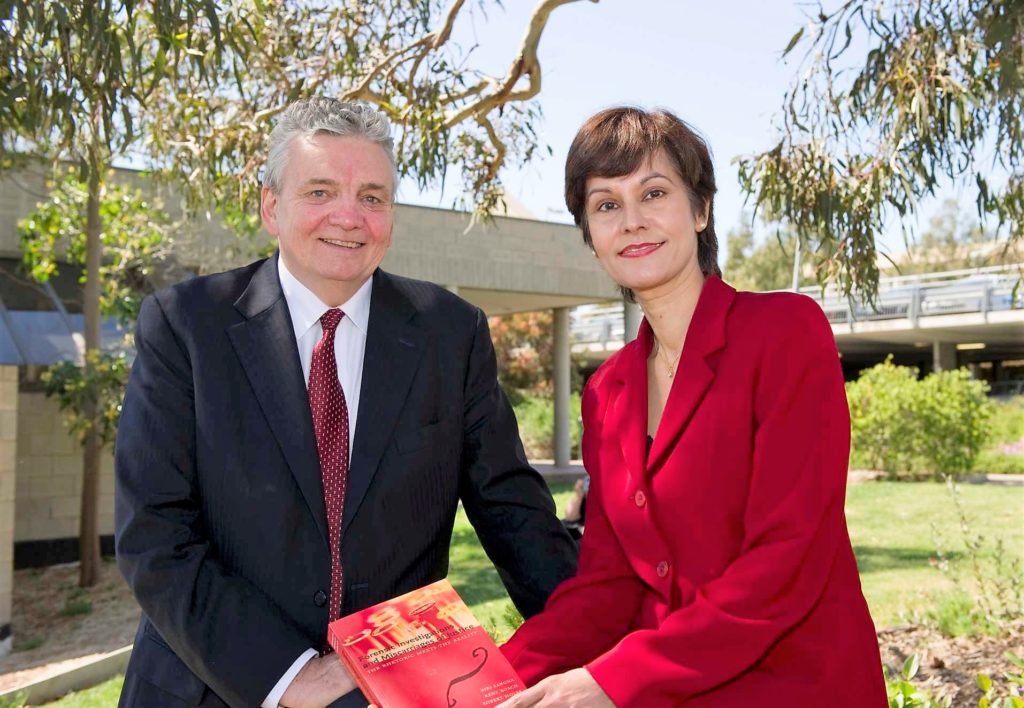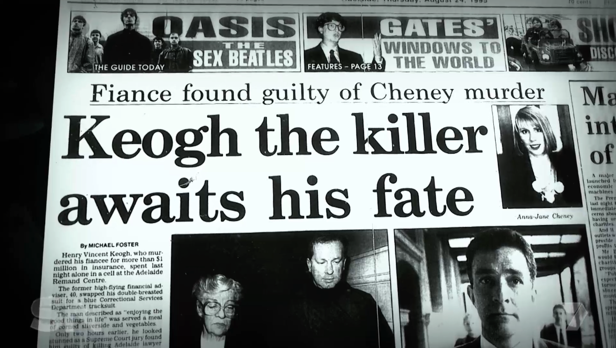
As the High Court rules on another chapter in the historic Van Beelen case, the Flinders Miscarriages of Justice project continues its 17-year crusade.
The most recent appeal before the High Court this week will be part of discussions at the second Miscarriages of Justice symposium at Flinders at Victoria Square on 24-25 November.
Topics will cover the role of expert witnesses, the psychology of wrongful conviction, new rights of criminal appeal in SA and Tasmania, and the need for legal and institutional reforms.
Led by Associate Professor Bibi Sangha and adjunct principal researcher Dr Bob Moles, the Miscarriages of Justice project commenced in 2000 when the case of Adelaide businessman Henry Keogh came to prominence.
The Flinders project was later instrumental in changes to legislation in South Australia to grant second and further appeals in court cases where compelling and new evidence emerges to show a miscarriage of justice.
They assisted with drafting of the legal submissions in relation to the case of Henry Keogh before the Medical Board, Medical Tribunal, Supreme Court of South Australia and the High Court of Australia.

Keogh’s 26-year prison term for the 1994 murder of his 29-year-old fiancée, Anna-Jane Cheney, was finally overturned in December 2014 when the expert evidence in the appeal showed that the death had been accidental.
The quashing of the Keogh murder conviction was the first such ruling under new legislation that allowed for further appeals on the grounds of fresh and compelling evidence.
His appeals related to “false and misleading” evidence given by South Australia’s former chief forensic pathologist Dr Colin Manock. His evidence had been used in some 400 other court cases including Frits Van Beelen.
Van Beelen’s latest appeal was unanimously rejected by the High Court this week, but paves the way for further appeals over the 1971 murder conviction.
The High Court agreed with Van Beelen’s lawyers that Dr Manock’s forensic evidence was wrong but dismissed the appeal because it couldn’t be satisfied it didn’t amount to a substantial miscarriage of justice.
“We have written four books since we first appeared on ABC’s Four Corners in October 2001,” says Dr Moles, who maintains the Networked Knowledge website as a major source of online legal materials for general law topics and especially for materials relating to miscarriages of justice.
“Our next book proposal will cover the cases we have worked on in relation to the right of appeal and consider why some of the legal experts didn’t do their duty.”
WA defence counsel, the Honourable Malcolm McCusker AC CVO QC, will lead a program of speakers at the Miscarriages of Justice symposium.
Dr Moles will discuss some of the background to the Keogh case, along with Seven investigative journalist Graham Archer who will explain some of the hidden problems in the media campaigning for wrongful convictions.
Henry Keogh will speak about his experiences, including the conviction and 21 years served in jail.


